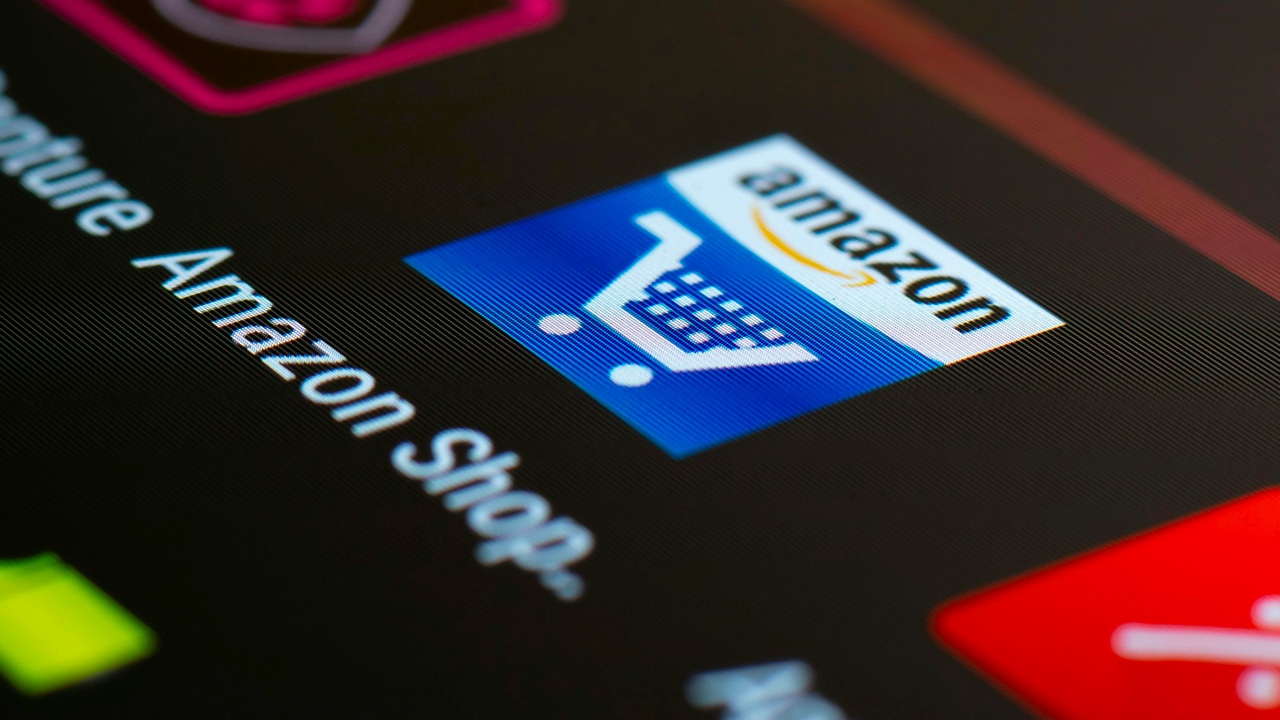
In a world where online shopping has become a daily routine for many, one company stands out for its uncanny ability to predict what you’ll purchase next. Amazon, the e-commerce giant, uses artificial intelligence (AI) to anticipate your every shopping need before you even realize it yourself. But how does Amazon’s AI work, and how does it know what you’ll buy before you do?
The Power of Data: Your Shopping Habits Are Their Fuel

At the heart of Amazon’s predictive technology lies a simple truth: data. Amazon collects vast amounts of information on your browsing habits, purchase history, wishlists, and even items you’ve left in your shopping cart. This data is constantly fed into powerful machine learning models that help Amazon’s AI understand patterns and preferences. The more you shop, the more Amazon learns about your likes, dislikes, and even your moods. (Source: About Amazon)
For example, if you consistently browse for fitness gear, Amazon will begin suggesting products related to your interest—whether it’s a new set of dumbbells or the latest yoga mat. But the predictive power of AI doesn’t stop at basic preferences. By analyzing your behavior, such as the time of day you shop or the frequency with which you purchase certain items, Amazon’s algorithms can predict when you’ll need that new pair of running shoes or when you might be ready for a home improvement project.
The “Customers Who Bought This Also Bought” Feature

One of the most recognizable features of Amazon’s AI-driven recommendation system is the “Customers Who Bought This Also Bought” section. This feature suggests products based on the buying patterns of other customers who made similar purchases. It’s a powerful example of how machine learning algorithms use data from millions of shoppers to make predictions about what you might want to buy next.
Amazon’s AI doesn’t just rely on the purchasing history of customers who bought the same item. It looks at your browsing behavior as well, learning what you’ve been spending time searching for. So, if you’ve been eyeing a specific item, Amazon might suggest related products you didn’t even think of but could very well be interested in.
Predictive Shopping: Shipping Items Before You Buy

Perhaps the most impressive example of Amazon’s predictive technology is its use of anticipatory shipping, a concept that has revolutionized the way online shopping works. Essentially, Amazon sometimes ships products to nearby warehouses or even to local delivery stations before you’ve made the purchase. By analyzing your browsing patterns and previous buying habits, Amazon’s AI predicts that you’re likely to buy certain items and proactively sends them closer to you, reducing the delivery time once you hit “buy.” (Source: Logistics Viewpoints)
This predictive model isn’t limited to just Amazon’s Prime members. Even non-Prime customers benefit from it, as Amazon fine-tunes its algorithms to guess your shopping intent with remarkable accuracy.
Personalized Recommendations: AI That Knows You Better Than You Know Yourself

Amazon’s recommendation engine is another way its AI knows you better than you know yourself. By understanding the subtle patterns in your shopping behavior, Amazon is able to present highly personalized suggestions. These aren’t just random items—it’s like the site has a sense of your personal style or preferences. Have you ever browsed for a cookbook and then, suddenly, there’s an entire list of kitchen gadgets you didn’t know you needed? Or maybe a pair of shoes pops up that’s exactly what you were looking for but couldn’t quite describe? That’s Amazon’s AI working its magic.
The AI doesn’t just track what you’ve purchased; it tracks how you interact with the platform. For example, if you spend a few minutes looking at a specific brand or category, Amazon registers that interest. And the next time you log in, the site might show you exactly what you were contemplating last time.
The Role of Alexa: AI Gets Even Smarter

Amazon’s Alexa, the voice assistant, has also become an integral part of its predictive shopping power. As you interact with Alexa, the AI learns more about your preferences, routines, and lifestyle. Whether you’re asking Alexa to reorder your favorite shampoo, play your favorite playlist, or remind you of an upcoming birthday, the voice assistant is learning. (Source: Digital Commerce 360)
Alexa’s deep integration with Amazon’s ecosystem makes it easier for the AI to understand your needs in real time. For example, if you often order a specific product when you run low, Alexa will remember and proactively suggest that product before you even realize you’re about to run out. It’s like having a personal shopper who always knows exactly what you need—before you even ask.
What About Privacy Concerns?

With all this data collection and predictive power, it’s natural to wonder about privacy. How much does Amazon really know about you? While Amazon insists it uses data responsibly, many shoppers are still concerned about how much information they’re sharing.
Amazon’s AI systems are powered by data, but the company claims it anonymizes and aggregates user data to protect individual privacy. However, with such deep insights into your shopping habits, some may feel uncomfortable knowing that a company can predict your buying behavior so accurately.
For those wary of this level of personalization, Amazon offers some control over how much data it collects. You can adjust privacy settings and clear your browsing history, which helps reduce the amount of data the AI uses to make predictions.
The Future: Even Smarter Predictions Ahead

Looking forward, Amazon’s AI is only going to get smarter. As the company continues to refine its algorithms and integrate more advanced technologies like machine learning and deep learning, its ability to predict what you’ll buy next will become even more precise.
In the future, AI could predict even more personal aspects of your life, such as when you might need a new appliance or a change in your wardrobe based on life events like moving, getting a new job, or having a baby. With the continuous stream of data and ever-evolving technology, Amazon’s AI will become increasingly adept at anticipating your needs before you even realize them yourself.
Conclusion: The AI That Knows You Better Than You Know Yourself

Amazon’s AI-driven predictive capabilities are a remarkable feat of modern technology. From personalized recommendations to anticipatory shipping, it’s clear that Amazon is using artificial intelligence to create a shopping experience that feels almost… prescient. While this ability to know what you’ll buy before you do may seem a little eerie at times, it’s hard to deny how convenient and seamless the experience has become. As AI continues to evolve, one thing is certain: Amazon will keep getting better at predicting—and fulfilling—your every shopping desire.